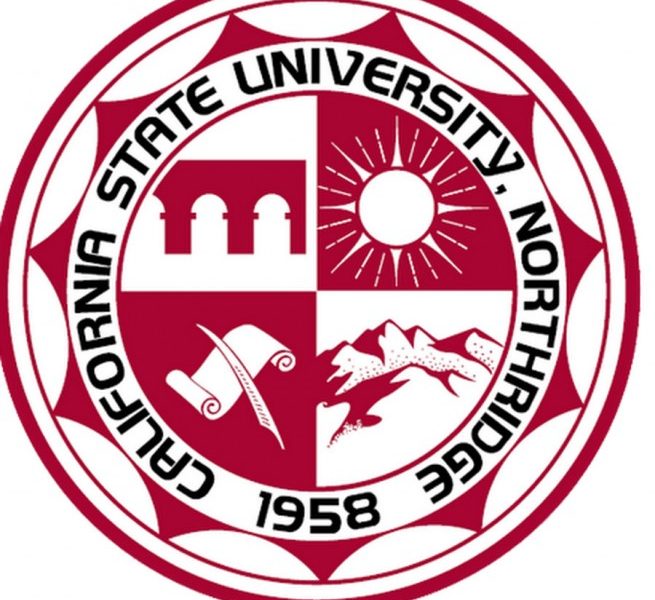A TEAM of nine students and one biology professor from Cal State Northridge (CSUN) have pinpointed a gene that can cause breast cancer to spread.
The new finding, published in this month’s Public Library of Science One journal, could change the course of breast cancer treatment, researchers say.
Among women, breast cancer is the most common and constitutes 23 percent of all cancer cases, the study states. For women whose cancer metastasizes through the bloodstream, the survival rate is 24 percent.
The discovery could lead to improved diagnoses of the cancer and innovative therapy for patients, the Los Angeles Daily News reported.
“I think it can bust down the cancer house – at least do it damage,” CSUN biology professor Jonathan Kelber told the newspaper. “It’s a battering ram.
“Essentially, we’re going to cripple the house cancer and stop it in its tracks.”
Kelber and his students found that a gene called PEAK1 affects a protein known as TGF beta, which typically regulates cell growth and suppresses tumors. They found that PEAK1 serves as an important “support wall” for cancer cells, which promotes metastasis to various parts of the body.
In certain breast cancers, the team discovered TGF-beta protein causes a swift conversion of benign tumor cells to malignant ones, in turn speeding up the progression of the cancer.
“That is our discovery: that PEAK1 converts TGF-beta from good to bad,” Kelber said, according to the Daily News. “So this is the first set of reports to uncover the functioning mechanism of how breast cancer progresses. This can lead to therapy for breast cancer and has the potential to improve patient outcome.”
How the change of the cells remains a topic for future research.
The CSUN study has received positive feedback from oncologists, including Dr. Julia Tchou, breast cancer surgeon at the Abramson Cancer Center of the University of Pennsylvania and an associate professor at the school. Tchou said the university’s research underlines a “novel strategy” that can target the interaction between the TGF-beta protein, the PEAK1 gene and tumor cells to stop them from spreading, according to the Daily News.
“As our understanding of the tumor cell and its micro-environmental deepens, we no longer think of tumor cells as the only therapeutic target within the tumor,” she said in a statement.



